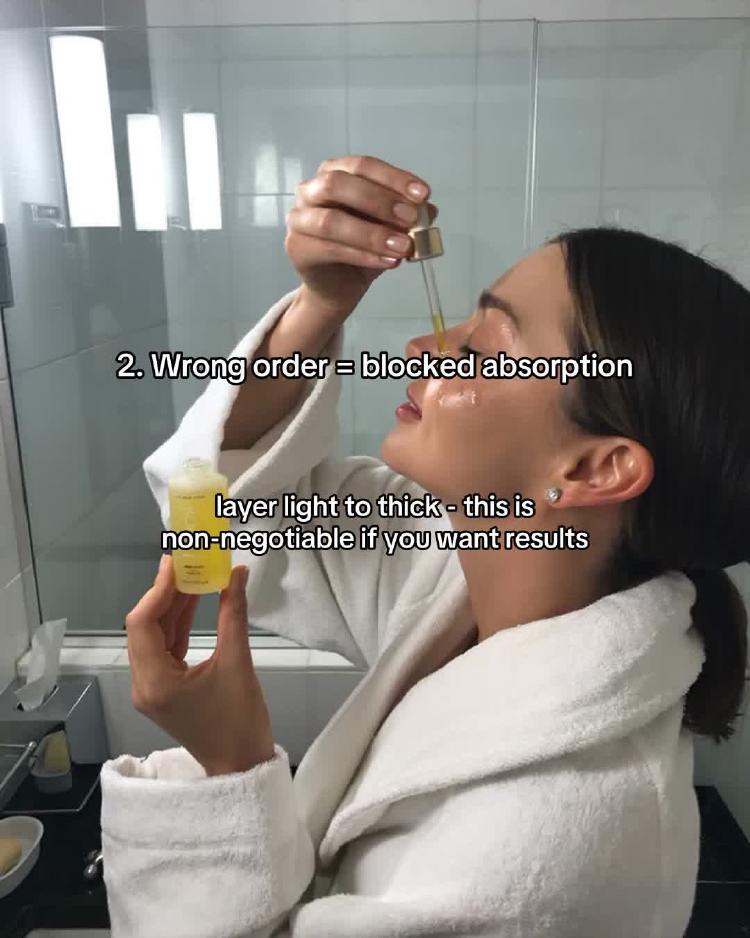Why Won't My Acne Go Away? Understanding Stubborn Breakouts
Frustrated by persistent acne? Learn about potential hidden causes like hormones or diet, understand treatment timelines (like Accutane), and find tips for managing post-acne marks.

- Seo Yuna
- 4 min read

Why Won’t My Acne Go Away? Understanding Stubborn Breakouts
Dealing with persistent acne can be incredibly frustrating, especially when you feel you are doing everything right. You might be maintaining a consistent skincare routine, eating well, staying hydrated, and practicing diligent hygiene, yet breakouts persist. This feeling of helplessness is common, and it’s important to remember that acne is a complex condition influenced by many factors beyond just external care.
If you’ve been struggling with acne for years and feel like you’ve tried everything, it might be time to look deeper than just your daily routine. Here are some factors that could be contributing to stubborn acne:
Exploring Potential Underlying Causes
While topical treatments and hygiene are crucial, sometimes the root cause of acne lies internally.
- Hormonal Influences: Hormones play a significant role in regulating sebum production, a key factor in acne development. Imbalances or fluctuations, particularly common during teenage years and young adulthood, can lead to persistent breakouts. If you suspect a hormonal link, consulting a doctor or dermatologist about testing and potential treatments like specific prescription medications could be beneficial.
- Diet and Internal Health: While diet isn’t the sole cause of acne for everyone, certain foods or internal conditions can act as triggers or aggravating factors for some individuals. Some people find that reducing intake of refined sugars or dairy products helps manage their breakouts. Gut health and the body’s inflammatory state are also areas sometimes considered in persistent acne. Discussing your diet and overall health with a healthcare provider might uncover potential connections.
- Stress Levels: Emotional and physical stress can influence hormone levels and inflammation, potentially worsening acne.
Patience with Prescription Treatments
If you are undergoing prescription treatment, such as Isotretinoin (commonly known as Accutane), patience is absolutely key. While it is a highly effective medication for severe acne, it typically takes several months to see significant clearing. Many individuals experience an initial worsening of acne (purging) in the first 1-3 months before noticing dramatic improvement around month 3 or 4. A typical course of Isotretinoin can last 6 months or longer, depending on the prescribed dosage and your individual response. It is crucial to follow your dermatologist’s guidance strictly and not expect instant results.
Combining multiple strong active ingredients, especially while on powerful oral medication, should only be done under the direct supervision of your dermatologist to avoid over-irritating the skin.
Managing Post-Acne Marks: PIE and Scarring
Even as active breakouts subside, you might be left with post-inflammatory erythema (PIE - persistent redness) or post-inflammatory hyperpigmentation (PIH - dark spots). These marks are part of the skin’s healing process and can take a long time to fade naturally.
Protecting your skin from sun exposure is critical for preventing these marks from worsening and becoming more permanent. Consistent use of a broad-spectrum SPF 30 or higher sunscreen daily is essential.
Once your active acne is well controlled, you can explore options for addressing PIE and scarring with your dermatologist. Treatments can range from specific topical ingredients to in-office procedures like chemical peels, micro-needling radiofrequency (MNRF), or lasers, depending on the type and severity of the marks.
Simple Habits That Support Your Skin
Maintaining consistent, simple hygiene practices can support your overall skin health journey:
- Change your pillowcases frequently (e.g., weekly).
- Use a clean, soft towel or disposable paper towels to pat your face dry after washing.
- Avoid touching or picking at your face, which can spread bacteria, increase inflammation, and lead to scarring.
Moving Forward
It’s completely understandable to feel discouraged after years of battling acne. However, it’s important not to blame yourself. Acne is a medical condition influenced by numerous factors. Continue to communicate openly with your dermatologist about your concerns and progress.
Recognize that treating stubborn acne and its aftermath is often a marathon, not a sprint. By addressing potential internal factors, being patient with treatments, protecting your skin, and maintaining simple supportive habits, you are taking positive steps toward healthier skin. Don’t lose faith in the process.
{< skin-analysis >}
Experience personalized skincare recommendations with COSMI Skin! Your skin will thank you!
Unlock Your Healthiest Skin – Backed by Science and Personalization
Cosmi is your personal AI cosmetologist — offering tailored skincare recommendations and expert advice based on your unique skin type, concerns, and goals.
Visit Cosmi